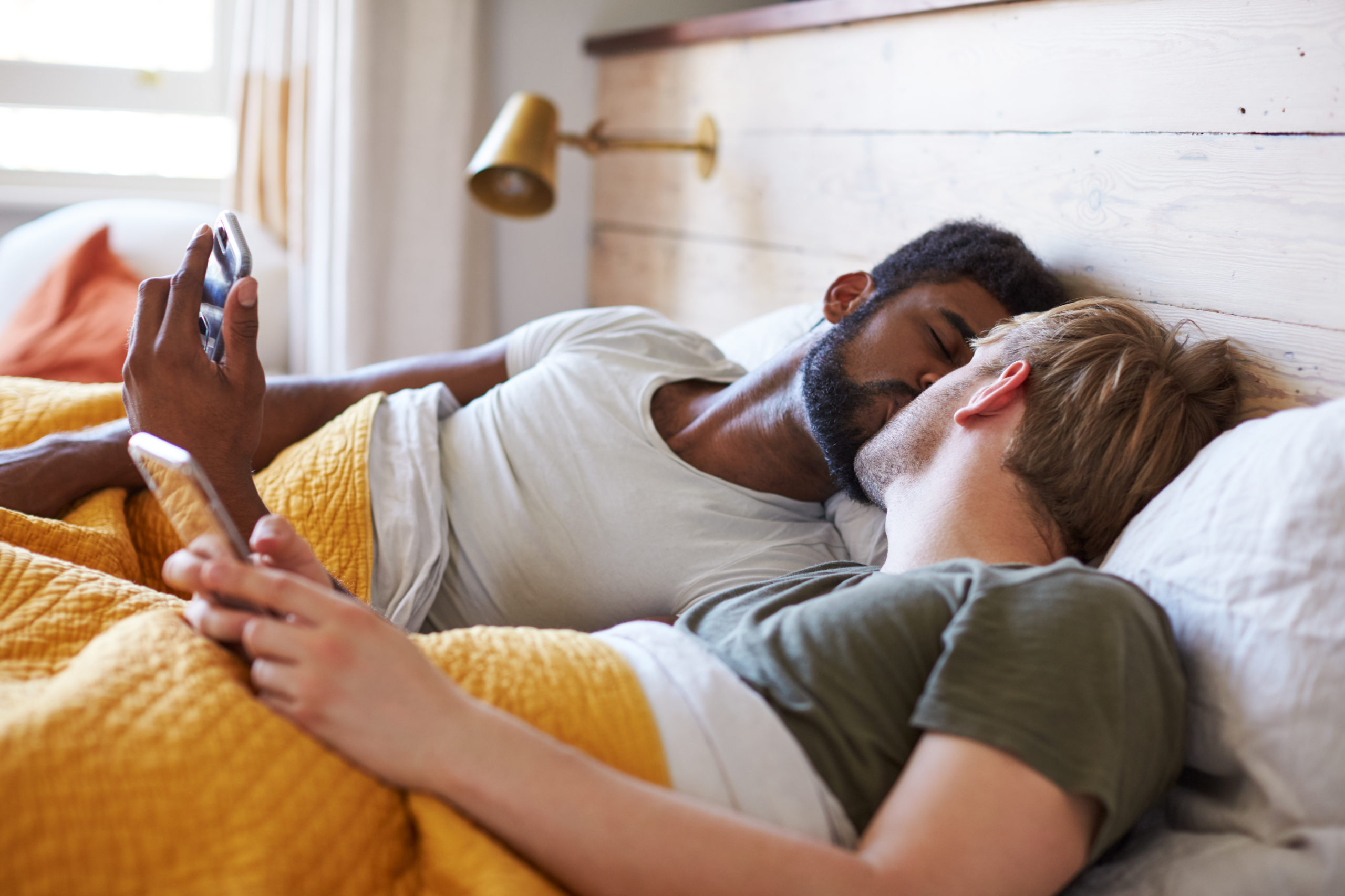Sorry, straight people: Gay couples have happier marriages, study confirms

A new study published in the Journal of Marriage and Family found that LGBT+ relationships tend to be happier than straight ones (Envato Elements)
Straight couples might be happier in their marriage if they took some lessons from gay people, a new study has suggested.
The study, Marital Strain and Psychological Distress in Same-Sex and Different-Sex Couples, found that same-sex spouses generally feel more satisfied in their marriages than heterosexual spouses do.
The results came from 756 midlife US men and women in 378 gay, lesbian, and heterosexual marriages, who were asked to keep daily diary entries on stress related to their marriage and partner.
Women in different-sex marriages reported the highest level of stress, while men in different-sex marriages and women in same-sex marriages fell in the middle, recording similar levels of distress.
Previous research had concluded that women in general were likely to report the most relationship distress – but it turns out that’s only women married to men.
It seems heterosexual marriages are often subject to more tension, miscommunication and resentment than same-sex relationships. Drawing on several academic studies, the New York Times suggests several reasons for this disparity.
Most of them relate to traditional gender stereotyping, including the expectation that women should take on the majority of the housework.
Fewer than a third of the different-sex couples studied in 2006 achieved approximate equality in sharing housework; conversely, same-sex couples are far more likely to each take on some traditionally ‘feminine’ and some ‘masculine’ chores.
When it comes to parenting, male gay couples have about the same percentage of stay-at-home parents as heterosexuals. But gay couples are less likely than straight couples to assign ‘women’s work’ to the partner with fewer work hours.
LGBT+ parents are also more likely to mutually interact with their children, whereas in different-sex households the mother more often takes the lead and the father stays on the sidelines or does parallel activities.
Queer couples are more likely to talk through their preferences for sharing responsibilities, and to do so in “less belligerent, domineering and fearful ways” than their straight counterparts.
These communication skills are seen in ordinary daily interactions too – LGBT+ couples show a tendency to manage disagreements in a more positive way, influencing their partners “with praise rather than criticism, lectures or appeals to guilt”.
Another big strength for male gay couples is their tendency to candidly discuss their sexual wants and needs, and to work out the boundaries of consensual non-monogamous relationships.
Add it all up and it’s easy to see why same-sex relationships tend to be happier in the long run. Straight couples, take note!


